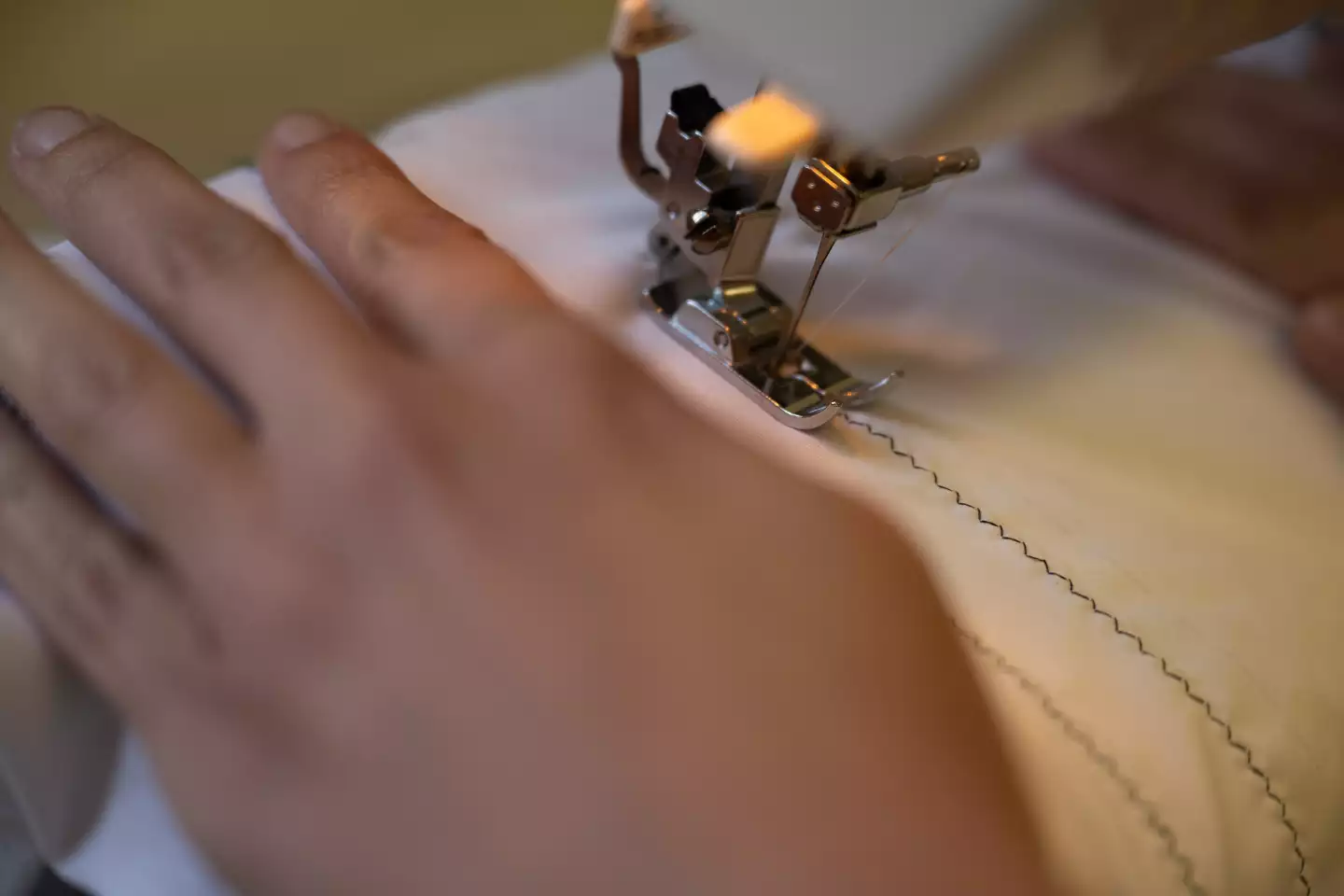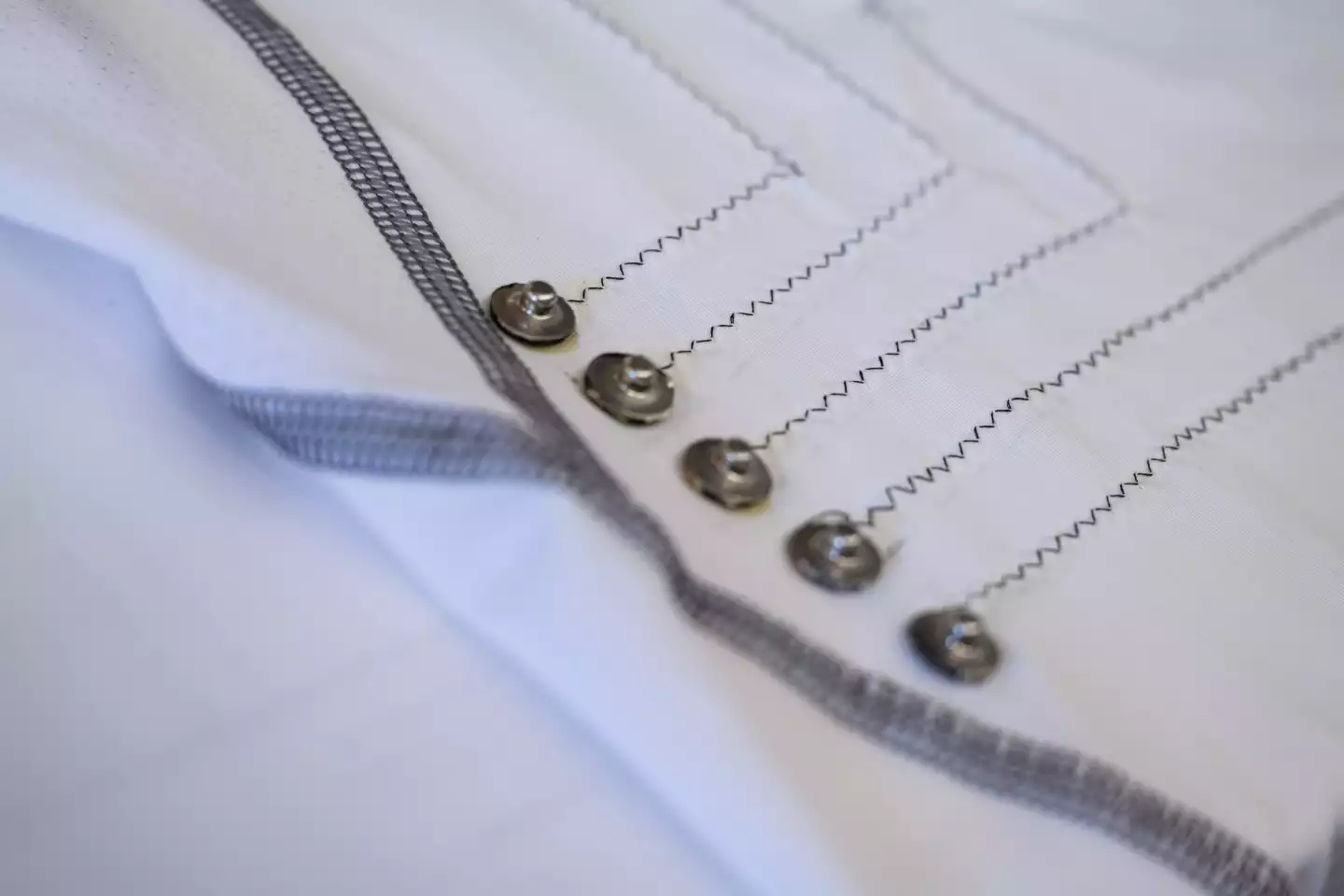Over the years, we've seen many examples of smart garments packed with technology to monitor different aspects of a wearer's physical wellbeing, but lately we're seeing how very fine, conductive fibers could make for a more seamless experience. Rice University researchers have applied this thinking to a "smart" shirt that uses interwoven carbon nanotube fibers to provide steady electrical contact with the skin, allowing for ongoing gathering of data on heart activity.
The technology is based on carbon nanotube fibers first introduced by Rice University researchers back in 2013 that were as strong as carbon fiber, as flexible as a textile thread, and conducted heat and electricity as well as a metal wire. These filaments measure around 22 microns wide and are made up of tens of billions of carbon nanotubes, and the scientists have since explored their potential in cochlear implants, flexible antennas and repairing broken electrical circuits in the heart.
Smart clothing was always in the mix in terms of potential applications, but for this the team has needed to jump through a few hoops. Because the original fibers are so incredibly fine, they are unable to be used with a standard sewing machine, so the team used a rope-making device to bundle the filaments together. These bundles were then woven into a fiber roughly the same size as a regular thread.

From there, the fibers could be machine-sewn into fabric, with the researchers doing so in a zig-zag pattern so that they wouldn't break when stretched. Worked into an athletic shirt, the fibers use their metal-like conductivity to act as integrated electrodes and signal transmission wires, opening up some interesting potential uses.
The team conducted experiments that compared the ability of its smart shirt to record live heart rate data to a typical chest-strap monitor, and found that the shirt did a better job. They also used the threads as electrodes for electrocardiograms, and found that the shirt offered comparable performance to commercially-available electrode monitors.
“The shirt has to be snug against the chest,” says Rice graduate student Lauren Taylor, lead author of the study. “In future studies, we will focus on using denser patches of carbon nanotube threads so there’s more surface area to contact the skin.”

The scientists imagine a raft of potential uses for the smart fabric, which is machine-washable and can be connected to Bluetooth transmitters to relay data to smartphones or hooked up to a pocket-friendly Holter monitor that records heart activity. Other possibilities include integrating antennas or LED lights, or making tweaks to monitor other vital signs, such as respiration rate.
“We see that, after two decades of development in labs worldwide, this material works in more and more applications,” says study author Matteo Pasquali. “Because of the combination of conductivity, good contact with the skin, biocompatibility and softness, carbon nanotube threads are a natural component for wearables.”
You can hear more about the research in the video below, while the study was published in the journal Nano Letters.
Source: Rice University






